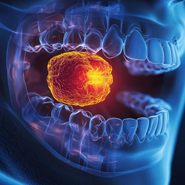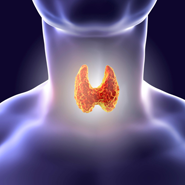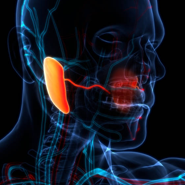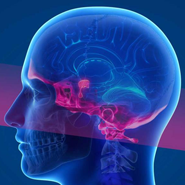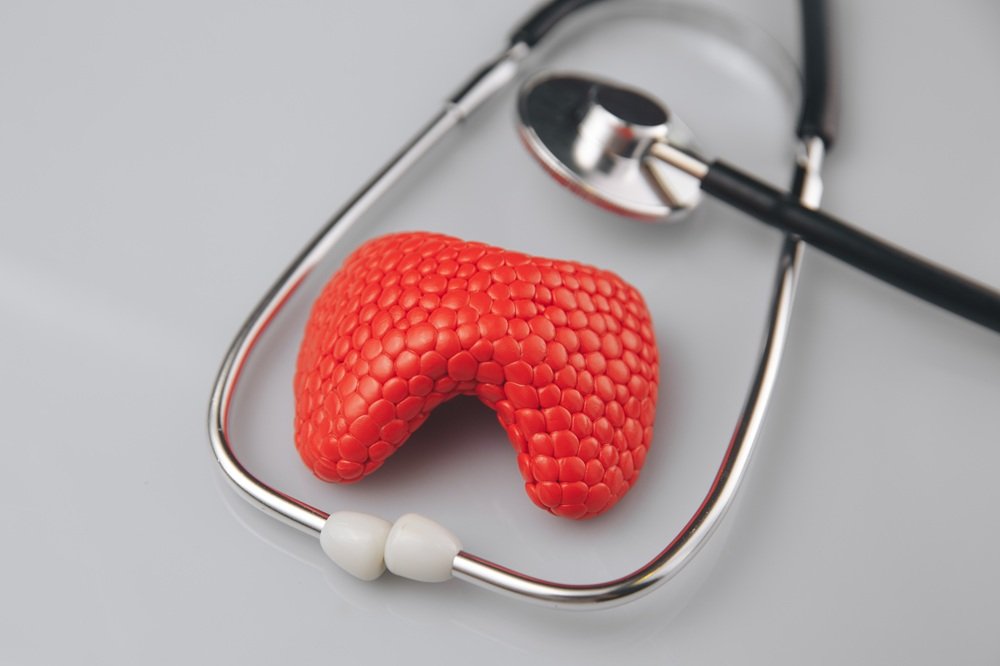Staging is the process of determining where the cancer is located and whether it has spread, as well as whether it has affected other areas of the body. Are you looking for the best head and neck cancer treatment in Ahmedabad? Dr. Vishal Choksi provides treatment for head and neck cancer in Ahmedabad.
Doctors utilize diagnostic tests to determine the stage of cancer and stage therefore, staging might not be completed until all the tests are completed. Staging is the process that informs the doctor if cancer has spread, or in the event that it has, where. It is based on the extent of the tumor that was originally found and whether the cancer has been able to spread to lymph nodes or distant organs. The process of staging is an essential method of evaluating the treatment options. The staging process is different for each kind of neck and head cancer.
Stage 0
Description: Cancer is found in only the squamous cells where it started. It is referred to as “carcinoma located,” meaning it has not yet invaded adjacent tissues.
Treatment: Surgery.
Stage I
Description: The cancer has infected nearby tissues but hasn’t been able to spread to lymph nodes or other areas of the body.
Treatment: Radiation therapy and/or surgery.
Stage II
Description: The cancer has gotten deeper into the surrounding tissue, but hasn’t spread through lymph nodes and any other part of the body.
Treatment: Radiation therapy, surgery, and chemotherapy (at times), or the combination of these therapies.
Stage III
Description: The cancer has either gotten more deeply into the surrounding tissue or expanded to a single lymph node.
Treatment: Radiation therapy, surgery, chemotherapy, or a combination of these treatments.
Stage IV (A)
Description: The cancer has spread completely through the surrounding tissue to surrounding structures (such as cartilage, tissue, bone, nerves, or even bone) and could have spread to several lymph nodes. The cancer has expanded to multiple lymph nodes.
Treatment: Treatment with radiation, surgery, chemotherapy, or a combination of these treatments.
Stage IV (B)
Description: The cancer has spread completely within the surrounding tissues and infiltrated important organs (such as the carotid artery or the skull base) and could be spreading to lymph nodes.
Treatment: Treatment with radiation, surgery, chemotherapy, or a combination of these treatments.
Stage IV (C)
Description: The cancer has been able to spread (metastasize) to other areas of the body.
Treatment: It is generally not curable; however, chemotherapy can be used to reduce symptoms or slow the progression of cancer.


